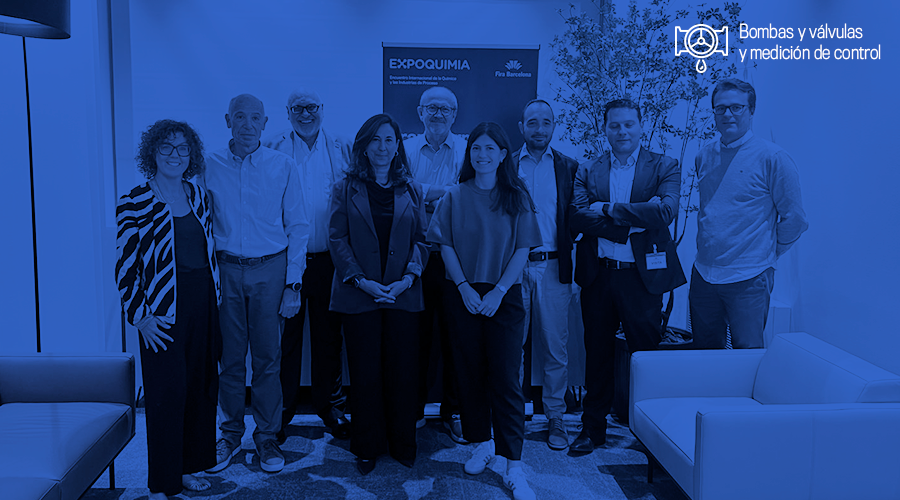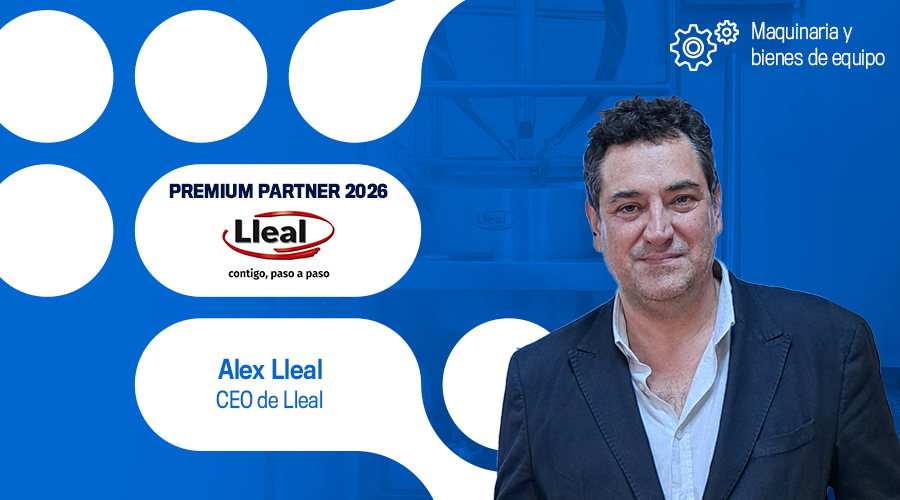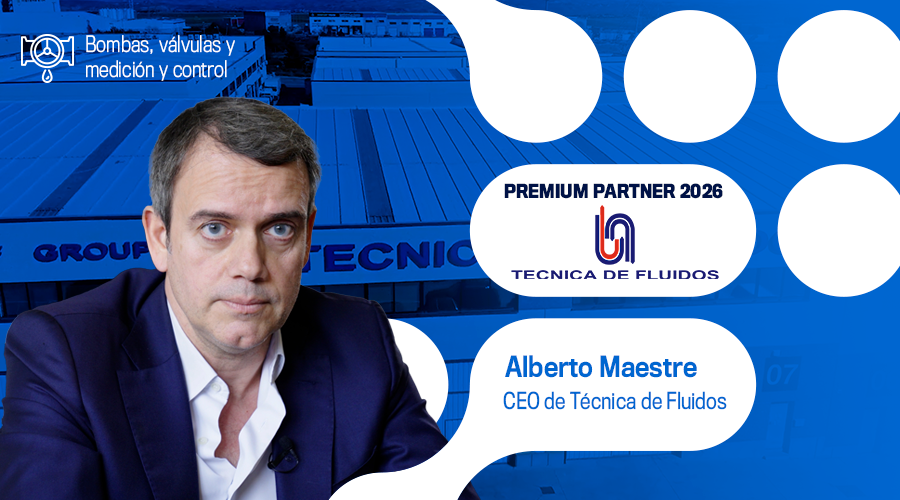The transformation of the chemical industry is advancing at great speed driven by three major vectors: technological innovation, regulatory adaptation and sustainability. This context was the central theme of the round table held on 9 October at Fira Barcelona, where experts from leading companies discussed how this equipment is key to improving energy and operational efficiency, facilitating industrial digitalisation and moving towards predictive maintenance and zero leakage.
The meeting, moderated by Mar Cañas, director of the Technology and Environment Area at Interempresas Media, was attended by Ángel Arranz (Automation Technologies and Solutions), Andrés Gamboa González (VEGA Instrumentos), Aitor Gilabert Canal (Mecesa, Mecánica Egarense SA), Laura Rubio Salvado (Wika Group) and Fernando Fco. Marí Catalá (Quilinox).
The session also included the intervention of Xavier Pascual, director of Expoquimia 2026, and Eva Aramendía, Project Director of Expoquimia and Equiplast, who highlighted the role of Expoquimia as a platform of great sectoral value, capable of fostering dialogue and anticipating key trends around innovation, sustainability and industrial digitalisation.
During the debate, it was highlighted how the incorporation of digital solutions, mass sensorization and the use of real-time data are allowing a safer, more reliable and sustainable management of operations.
Among the most relevant topics were automation, artificial intelligence applied to valves and control systems, 3D printing of components and challenges in cybersecurity and data management. Participants agreed that technological evolution must be accompanied by a cultural change within organizations, where continuous training and collaboration between suppliers and operators are essential to maintain competitiveness.
Likewise, sustainability and regulatory compliance are consolidated as cross-cutting axes of any industrial strategy. The replacement of traditional materials, energy efficiency and the goal of zero fugitive emissions are now unavoidable priorities in the design and maintenance of chemical plants.
Conclusion: The chemical industry is immersed in a process of profound transformation, in which digitalization, automation and sustainability redefine the way process plants are designed, operated and maintained. Intelligent knowledge and data management will be decisive in ensuring the efficiency and competitiveness of the sector in the coming years.
Read the full chronicle in the magazine Industria Química – Interempresas Media, in a round table sponsored by Expoquimia.
The pumps, valves and measurement and control sector is one of the five selected as strategic for the next edition of Expoquimia. Of the 400 companies that will make up the show’s exhibition offer, some 65 are providers of specialized solutions in this field that is so relevant to the process industry.





